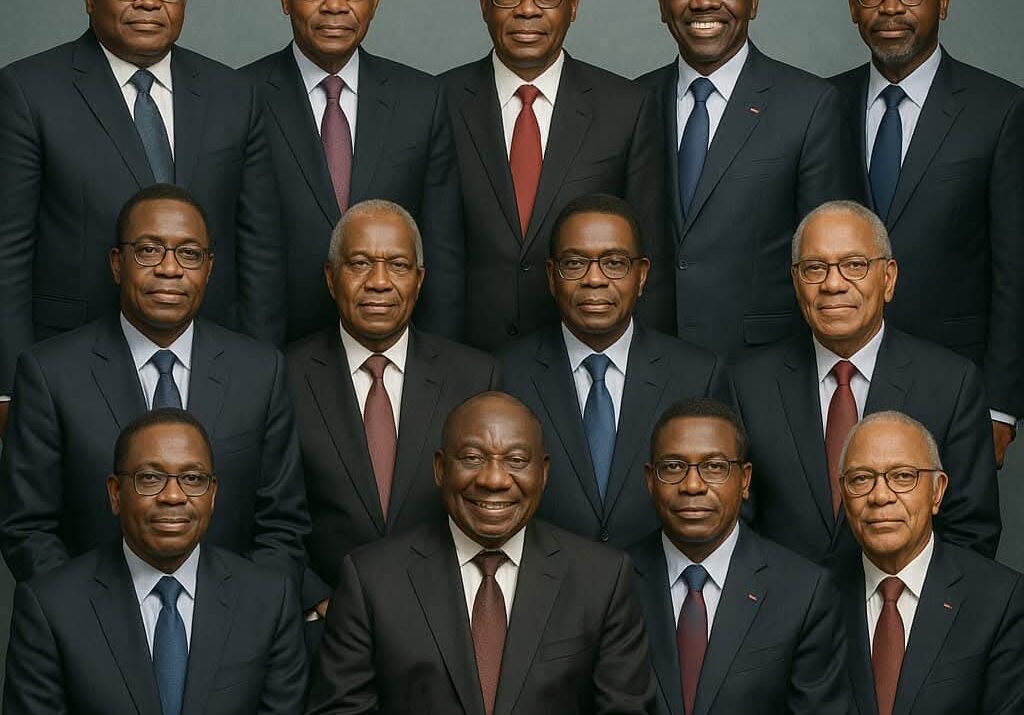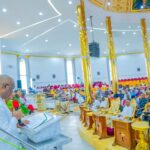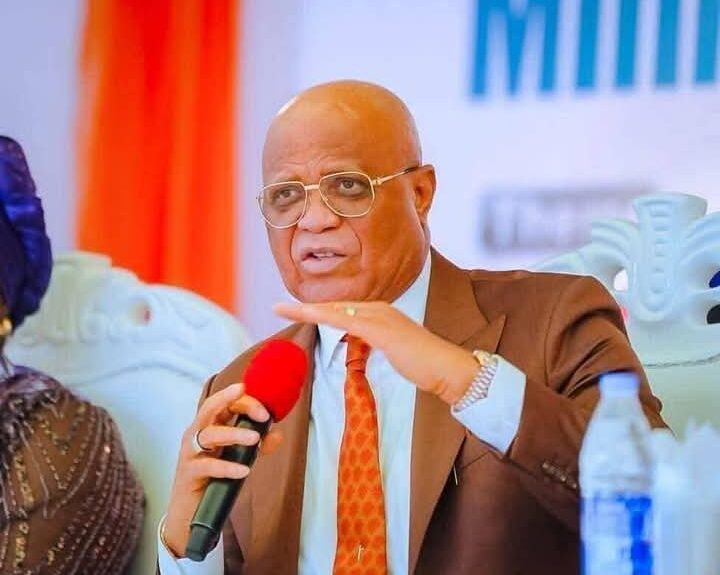BY COLLINS OPUROZOR
In 2014, African leaders gathered in Malabo, Equatorial Guinea to make bold promises. By 2025, according to them, hunger would be eradicated. Poverty would be halved. This was “the Malabo Declaration on Accelerated Agricultural Growth and Transformation for Shared Prosperity and Improved Livelihoods”. Today is 2025. How well off are Africans? To be sure, the picture looks really grim. Hunger is worse. Poverty is deeper. The noble intentions of Malabo have been suffocated by dysfunction.
Millions of Africans go to bed without food. This is a daily fact of life.
Africa’s development journey started in the 1960s. Most countries had just gained independence. The first wave of ideas focused on state-led industrialization. Governments controlled everything, and the economic statism created by the petty bourgeoisie which had just captured power, fostered only primitive accumulation.
Nevertheless, the people were exhorted to work even harder. In Kenya, for instance, the slogan had changed from Uhuru (Freedom) to Uhuru na Kaze (Freedom means hard work). In the Gold Coast (now Ghana), Kwame Nkurumah had mobilized nationalism and sought Independence by asking his people to “seek first political kingdom; every other thing shall be added onto you”. Yet, the birth of that new political kingdom only aggravated mass misery.
This early statist model lacked efficiency, just as corruption lacked institutional checks needed for sustainable growth. In many African countries, including Nigeria, the military quickly responded by sacking the civil authorities, citing widespread corruption and endless political strife.
By the 1980s, most economies had collapsed. The World Bank and IMF introduced the Structural Adjustment Program (SAP). It demanded cuts in public spending, subsidy removal, and currency devaluation. The goal was to liberalize the economy. Instead, SAP liberalized poverty. Social services were destroyed. According to the African Development Bank, real per capita incomes fell in 21 African countries during the SAP era.Education and health suffered.
The Alternative to SAP, proposed by African scholars, focused on human capital development. It was ignored. In 2000, the world launched the Millennium Development Goals (MDGs). Africa adopted them. The targets included halving extreme poverty and hunger by 2015. Few years to 2015, most countries had failed to achieve even a third of the targets.
MDGs failed due to poor data, weak governance structures, corruption, and lack of ownership. More so, Africa looked up to foreign messiahs for aid, instead of embracing local solutions.
Then came NEPAD, the New Partnership for Africa’s Development. It was home-grown. It promised African-led development, good governance, and regional integration. NEPAD was bold on paper but loose in accountability mechanisms.
NEPAD created hope. But it lacked teeth. It relied on voluntary compliance. Across Africa, corruption bad governance buried its goals.
Later, African countries crafted “Vision 2020,” “Vision 2030,” and so on. These were national development plans. Often, these visions became ceremonial documents disconnected from grassroots realities. They were actually not more than political propaganda crafted to mobilize solidarity.
The Malabo Declaration was, therefore, different. It aimed at ending hunger, which is the most ancient oppressor of man, through agricultural transformation. It aligned with CAADP’s framework, seeking 6% annual agricultural growth and 10% national budgetary commitment.
Countries were to allocate 10% of their national budgets to agriculture. Beautiful program. In the end, only few countries did that. Worse still, agricultural funds were looted or misused. Most rural farmers, the backbone of Africa’s food system, remain unsupported. A 2023 FAO report noted that over 60% of Africa’s agricultural workforce still lacks access to irrigation, credit, or modern tools. And Corruption thrives, while the institutions to fight it are weak. There is a confusion in priorities.
Today, Africans are poorer. According to the UNDP, over 530 million Africans live in multidimensional poverty. That means lack of food, clean water, health, education, and jobs; all at once. This represents nearly 44% of the continent’s population, with children under 10 worst affected.
Africa is the only continent where hunger is rising. Conflict and climate change make it worse, but poor leadership and corruption, are the main causes.
Asia once faced similar challenges. So did Latin America. They overcame them through accountable governance, land reforms, investment in education and smallholder farming. But the success of the Asian Tigers, namely South Korea, Taiwan, Singapore, and Hong Kong, stands out sharply.
In the 1960s, South Korea’s GDP per capita was less than $100. Today, it’s over $35,000. Taiwan and South Korea implemented robust land reforms, invested heavily in basic education, and empowered small industries. Singapore built world-class institutions, efficient ports, and prioritized human capital.
These nations used strong central planning, anti-corruption frameworks, and export-driven industrialization.
For example, South Korea’s Saemaul Undong (“New Village”) movement combined government support with rural community effort, lifting millions out of poverty. Between 1962 and 1994, South Korea recorded an average growth rate of 7.3% annually. Singapore, once malaria-ridden and resource-poor, created a high-tech economy by investing in skills, agriculture, housing, and rule of law.They succeeded because policy was long-term, results-focused, and leaders were held accountable.
Africa must learn. First, leadership must be held accountable. Electoral systems must be reformed to reflect the will of the people, not the power of incumbents. Second, governments must invest in agricultural value chains; not just farm inputs, but processing, storage, and market access.
The World Bank notes that every 1% growth in agriculture reduces poverty by 2.7 times more than growth in other sectors in sub-Saharan Africa.
Smallholder farmers should be empowered through cooperatives and rural credit schemes. Third, education must be restructured to meet economic realities. Technical and vocational training should be prioritized. Fourth, corruption must be tackled systemically. This means strengthening anti-graft institutions and protecting whistleblowers.
Also, digital governance tools should be deployed to track budgets and block leakages. Fifth, regional integration must move beyond rhetoric. As at now, Africa trades more with Europe and Asia than with itself. AfCFTA must be matched with cross-border infrastructure and local production incentives.
Finally, development must be community-based. Community-driven development projects have shown more resilience and sustainability across Kenya, Rwanda, Ethiopia, and Southeast Nigeria. That philosophy, it seems clear to me, underlies the One Kindred One Business (OKOBI) initiative of the Imo State Government.
Projects should begin at the grassroots, owned by the people, and monitored through local institutions. A transparent budgeting process, where citizens track public expenditure, will restore trust. Africa’s future lies not in declarations, but in decisions and discipline. The continent needs fewer summits and more service delivery.
Asia overcame poverty through vision, discipline, and smart policies. Africa can too. But time is running out. The promises of Malabo were not impossible, they were just betrayed.
@highlight






